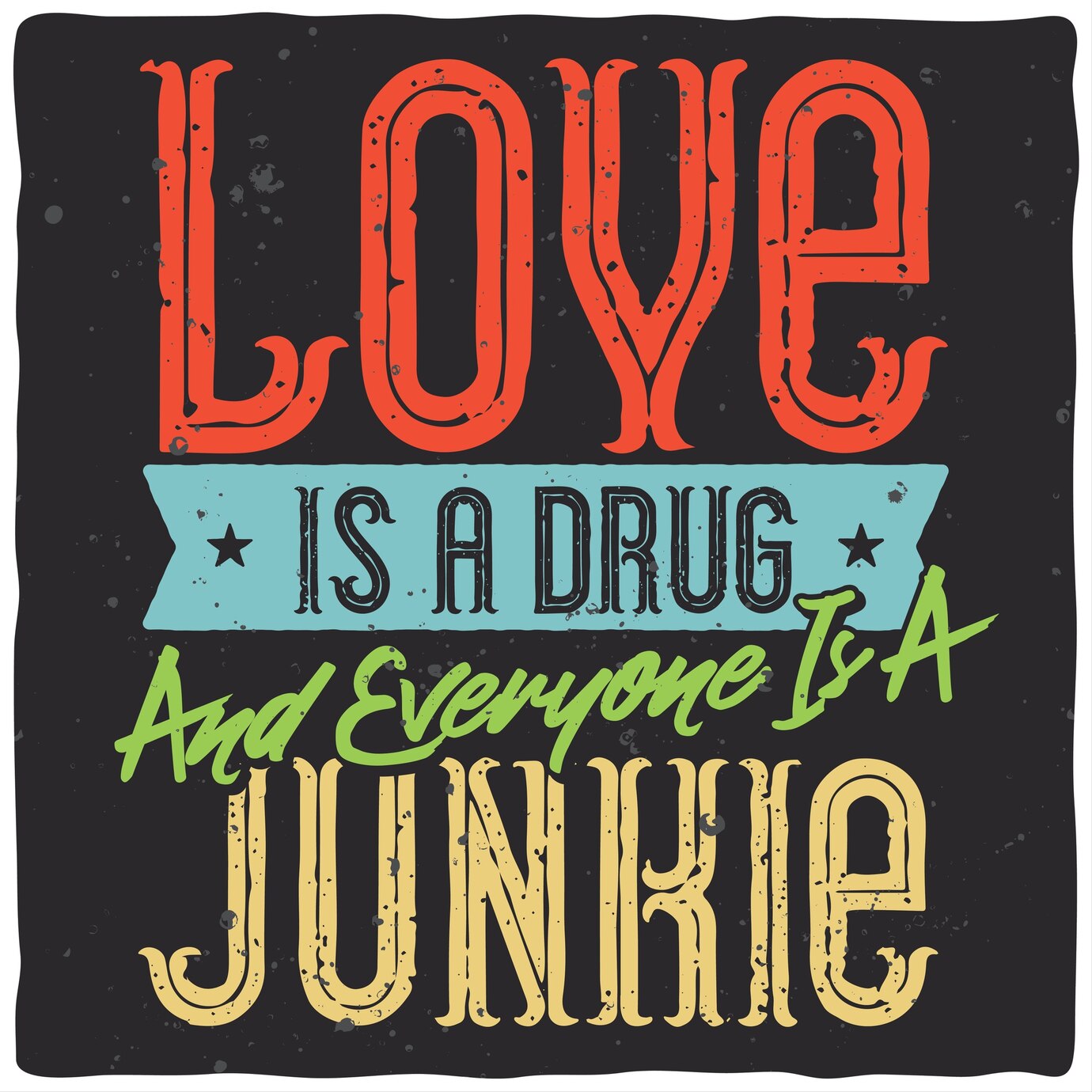Like a chocoholic, but for booze
–aholic
Alcohol addicts have been called alcoholics since the mid-19th century. It took about a hundred years for someone to adopt this suffix for other addictions, but the trend took off with a vengeance in the 1940s, with workaholic leading the way, followed by foodaholic, coffeeholic, and chocoholic. You can create your own variants—just don’t expect to see them in the dictionary anytime soon.
Heroin
There are many words in the English language (such as Band-Aid and zipper) that started as trademarks. In some cases, the trademark owners fought desperately to prevent the public from using their legally owned name. And then there's heroin.
Heroin was developed by the German pharmaceutical company Bayer—the same folks who brought you aspirin—as a cough suppressant. Bayer registered the name Heroin in June 1898, but it didn’t take long for people to discover alternative uses for the drug. Bayer stopped production and lost the trademark. Now anyone can use the word heroin—though using the drug heroin is, of course, illegal.
Junkie
Junkie has referred to addicts since at least the early 1920s. But by the 1970s, people began using other nouns to specify the kind of junkie they were referring to, such as television junkie and adrenaline junkie. These terms gained popularity in the mid-1970s, and today, junkie is more likely to describe someone who derives pleasure from a relatively benign activity, like a grammar junkie.
Crack
Crack, a smokable form of cocaine, exploded onto the drug scene in the mid-1980s, causing widespread social devastation. Yet within a few years, crack found its place in the language as a simile. By 1990, X is like crack for Y had become a common phrase, as illustrated by Boston Globe columnist Mike Barnicle, who wrote, “Golf is like crack for middle-class white males.”
Addict
The word addict is interesting because it wasn’t originally linked to drugs. When people first started using it, addict referred more to coffee than to morphine or opium. The earliest known use of addict as a noun appears in an 1899 article from the Illinois Medical Journal, which states, “Indulgers in stimulating food, gluttonous feeders, tea and coffee addicts, are much more prone to beget degenerate and inebriate offspring than are the moderate users of alcohol with generally temperate habits.” So the use of addict to describe chemical dependency is not new—it’s very old.
Source: https://www.merriam-webster.com
